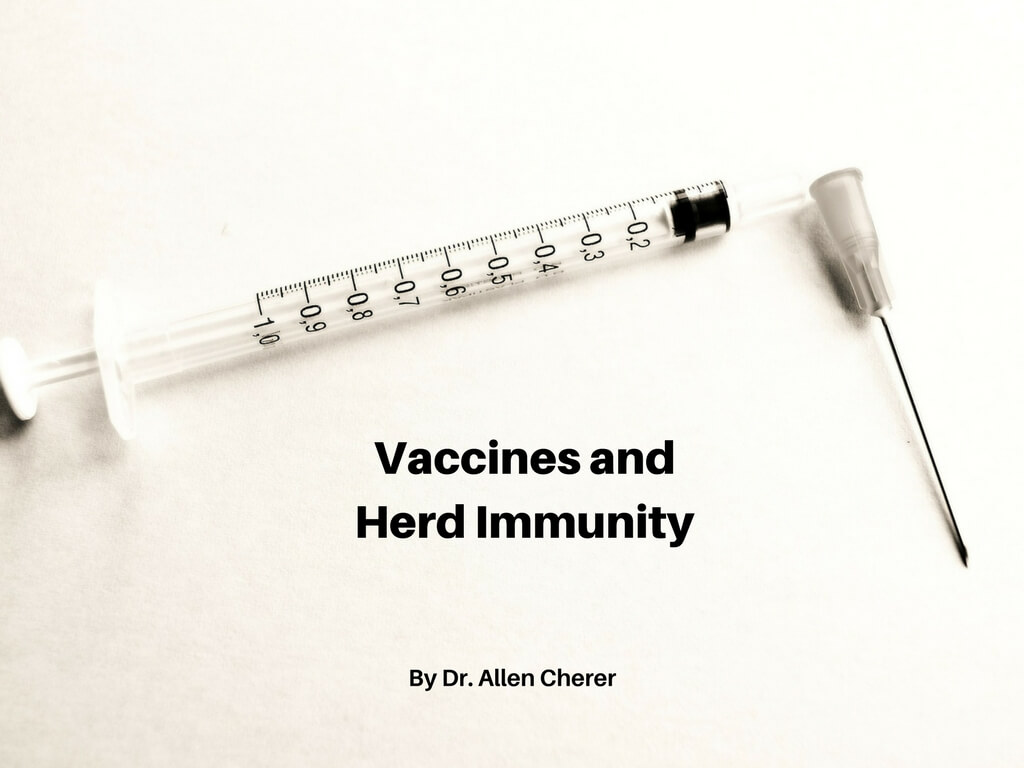Herd immunity, also known as “community immunity”, is a phenomenon in which a group of people with high levels of immunity to a disease help prevent its spread. So although individuals in a community can get infected, when a significant percentage is immune, they serve as a stopper on outbreaks and prevent them from spreading further. Almost always, this is achieved through vaccination.
Anti-vaccine activists dismiss the idea of herd immunity as not being real. But that’s mostly because it’s another major benefit of vaccination, which goes against their overall agenda. It also undercuts another favorite argument of the antivaxers, that vaccinated children have nothing to fear from unvaccinated children. Of course, not all vaccines are 100% effective, yet another reason that herd immunity is so important.
As the call against vaccines has become louder, we’ve noticed pockets of low vaccination in certain regions. One place where it’s particularly caught on is Texas, where antivaxers have used pseudoscience and political concerns to get more people on board. I recently read about one study from Stanford University that looked at what would happen if vaccine uptake declined nationwide. For this study, they used publicly available data from the US Centers for Disease Control and Prevention to calculate the average rate of vaccination coverage for children ages 2-11 across the country. With a mathematical model meant to calculate infectious disease transmission, they then estimated a distribution outbreak size related to a decrease in vaccine coverage.
The model showed that a decrease in vaccination led to an increase in hypothetical measles cases. The researchers found that a mere 5% decline in vaccine coverage for children would lead to a 3-fold increase in measles cases. And this model doesn’t even account for all the vulnerable children, such as those too young to be vaccinated. While this is of course a model, it’s not too much of a stretch to believe that even a small decrease in the number of vaccinated children could seriously damage the effectiveness of herd immunity. In light of the measles outbreak currently sweeping through Europe, the need to not compromise herd immunity is more pressing than ever.
